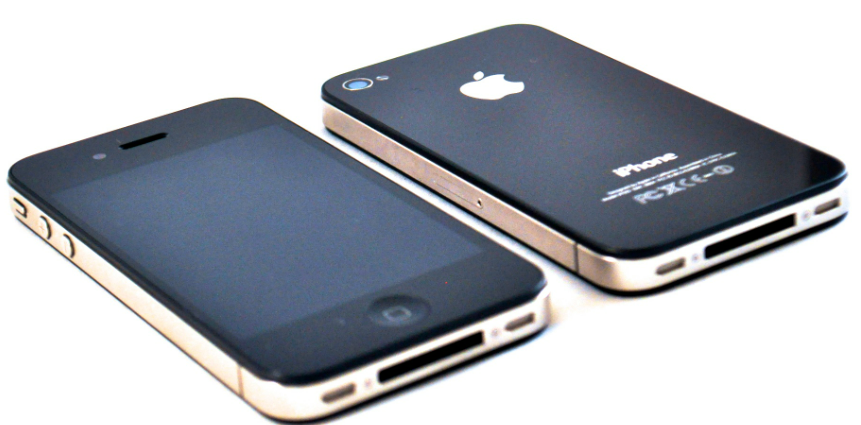Introduction:
In today’s world, our smartphones are the most important and valuable devices we own. Not only do they keep us connected to our friends and family, but they also hold sensitive information such as bank accounts, passwords, and personal data. This makes them a target for thieves and hackers who are always on the lookout for vulnerabilities in our devices.
The iPhone is one of the most popular smartphones in the world, and it’s no surprise that it’s a popular target for thieves. In this blog post, we will discuss the ways in which thieves take advantage of iPhones, the measures you can take to protect your device, and answer some common questions that iPhone users might have.
Important Points:
- Thieves target iPhones because of their high resale value. iPhones hold their value well, which makes them a popular target for thieves who want to resell them.
- iPhone theft is not just limited to physical theft. Hackers and scammers can also steal data from your device through various means such as phishing scams, malware, and social engineering.
- Apple offers various security features such as Find My iPhone and Touch ID/Face ID, which can help protect your device from theft and unauthorized access.
- It’s important to take preventative measures such as enabling passcodes, avoiding public Wi-Fi networks, and keeping your software up to date to reduce the risk of iPhone theft.
FAQ’s:
How can I protect my iPhone from physical theft?
There are several measures you can take to protect your iPhone from physical theft, such as enabling a passcode, activating Find My iPhone, and using a protective case. Additionally, it’s important to be aware of your surroundings and avoid leaving your iPhone unattended in public places.
How can I protect my iPhone from hackers and scammers?
To protect your iPhone from hackers and scammers, you should avoid clicking on suspicious links, downloading apps from untrusted sources, and providing personal information to unknown individuals or websites. You should also keep your software up to date and use strong passwords for all your accounts.
Can thieves bypass Touch ID and Face ID?
While it’s difficult to bypass Touch ID and Face ID, it’s not impossible. Thieves can use techniques such as lifting fingerprints or creating a 3D model of a face to bypass these security measures. However, these techniques are rare and require a high level of skill and resources.
Pros:
- The iPhone offers several security features such as Touch ID/Face ID, Find My iPhone, and encrypted messaging to protect your device from theft and unauthorized access.
- Apple regularly releases software updates that include security fixes, which helps protect your iPhone from hackers and malware.
- iPhones hold their value well, which makes them a good investment in terms of resale value.
- By taking preventative measures such as enabling passcodes and avoiding public Wi-Fi networks, you can reduce the risk of iPhone theft.
Cons:
- iPhones can be expensive, which makes them a prime target for theft.
- While Apple offers several security features, they can be circumvented by skilled hackers and thieves.
- iPhones are still susceptible to phishing scams and social engineering attacks, which can result in the theft of personal data.
Final Conclusion:
In conclusion, the iPhone is a valuable device that is susceptible to theft and hacking. However, by taking preventative measures such as enabling passcodes, activating Find My iPhone, and avoiding public Wi-Fi networks, you can reduce the risk of theft and protect your device from unauthorized access.
Apple also offers several security features such as Touch ID/Face ID and encrypted messaging to protect your device from theft and hackers. By keeping your software up to date and using strong passwords for all your accounts, you can further protect your device from scammers and hackers.
While it’s important to be vigilant and take preventative measures, it’s also important to be prepared in case your iPhone does get stolen. Activating Find My iPhone can help you locate your device and remotely erase its data to prevent unauthorized access. It’s also important to contact your carrier and report the theft as soon as possible to prevent the thief from using your device.
In addition to physical theft, iPhone users should also be aware of digital threats such as phishing scams, malware, and social engineering. These threats can result in the theft of personal data and financial information. To protect yourself from these threats, it’s important to be cautious when clicking on links or downloading apps, use strong passwords for all your accounts, and enable two-factor authentication whenever possible.
While the iPhone offers several security features, they are not foolproof. Skilled hackers and thieves can still find ways to bypass security measures such as Touch ID and Face ID. Therefore, it’s important to be aware of the risks and take necessary precautions to protect your device and personal information.
In summary, iPhone users should be aware of the risks of theft and digital threats and take necessary precautions to protect their devices and personal information. By enabling security features such as Touch ID/Face ID and Find My iPhone, keeping software up to date, and using strong passwords, users can reduce the risk of theft and hacking. Additionally, being cautious of phishing scams and social engineering attacks can further protect against digital threats.







